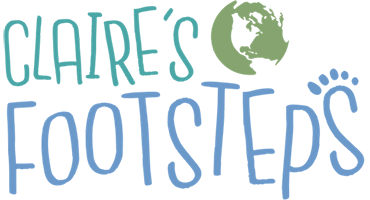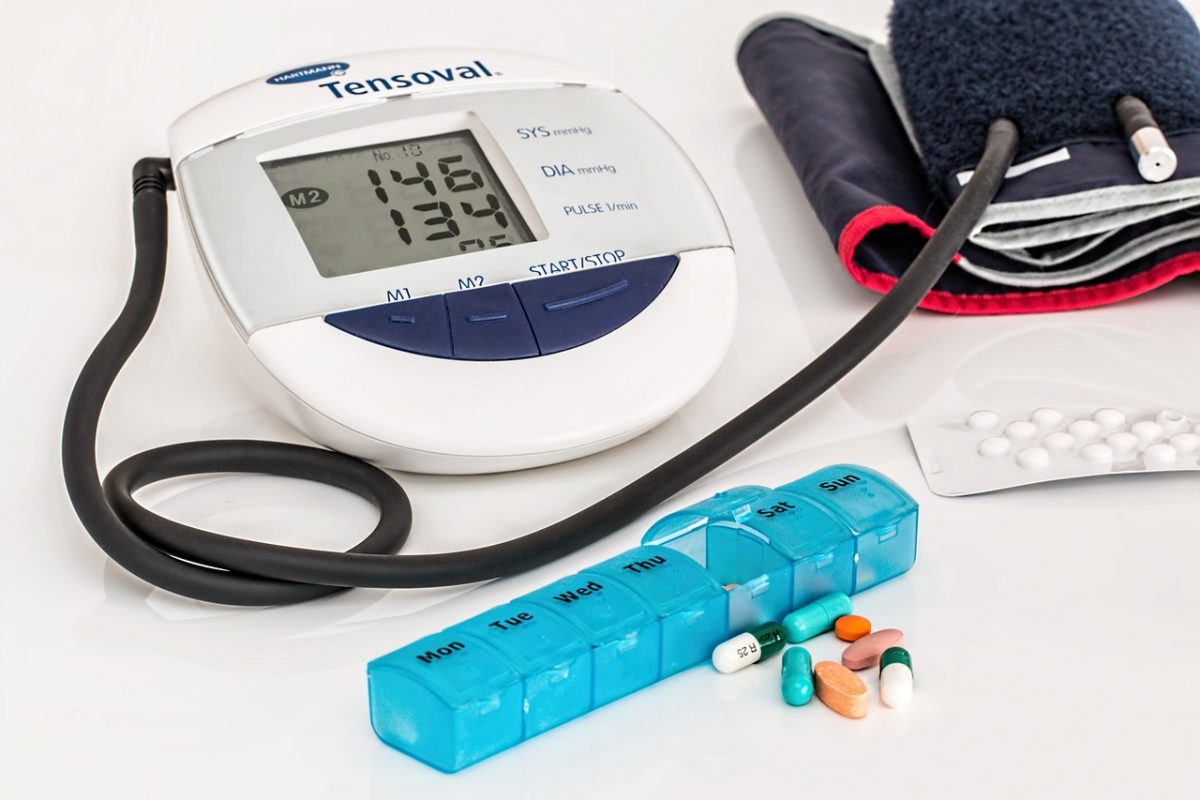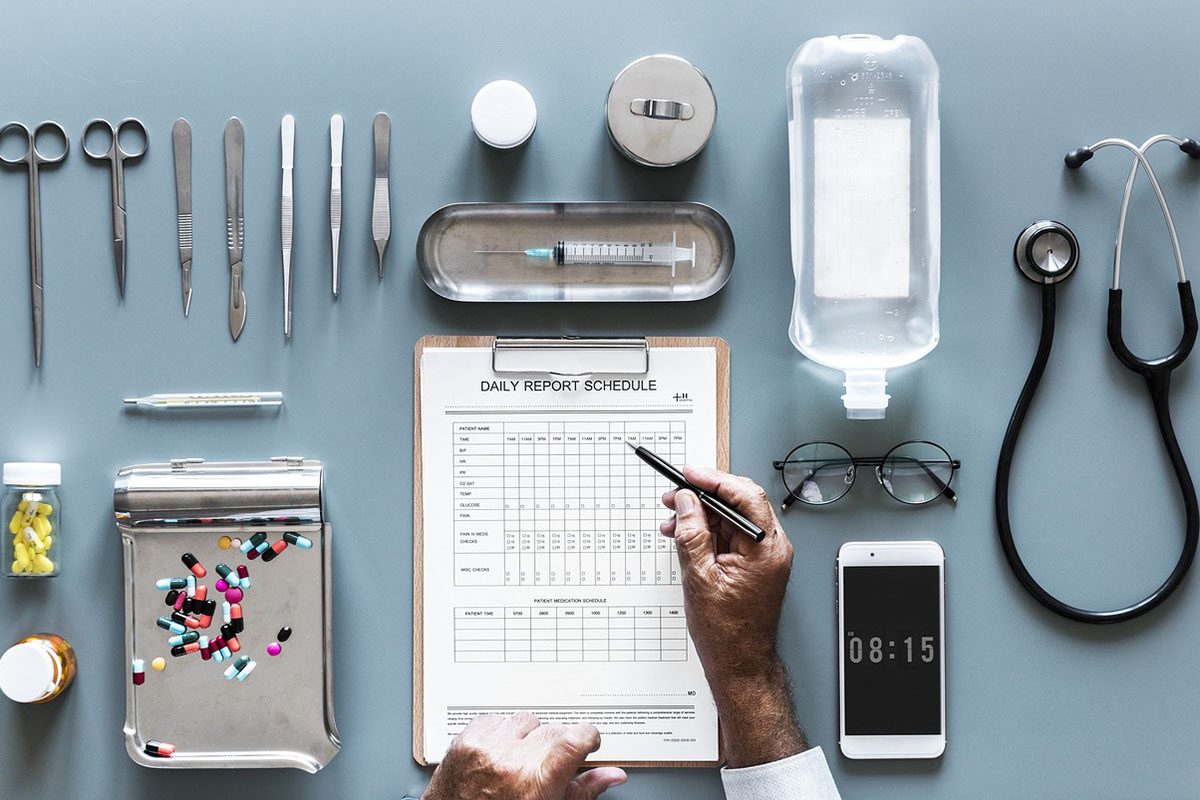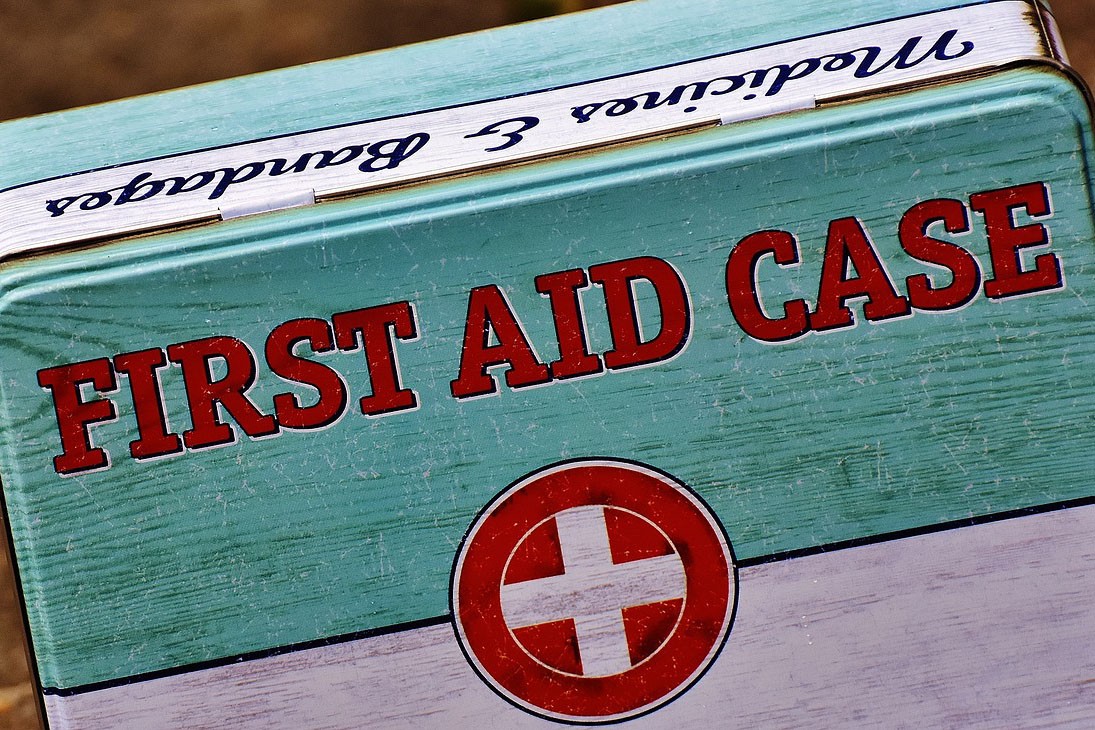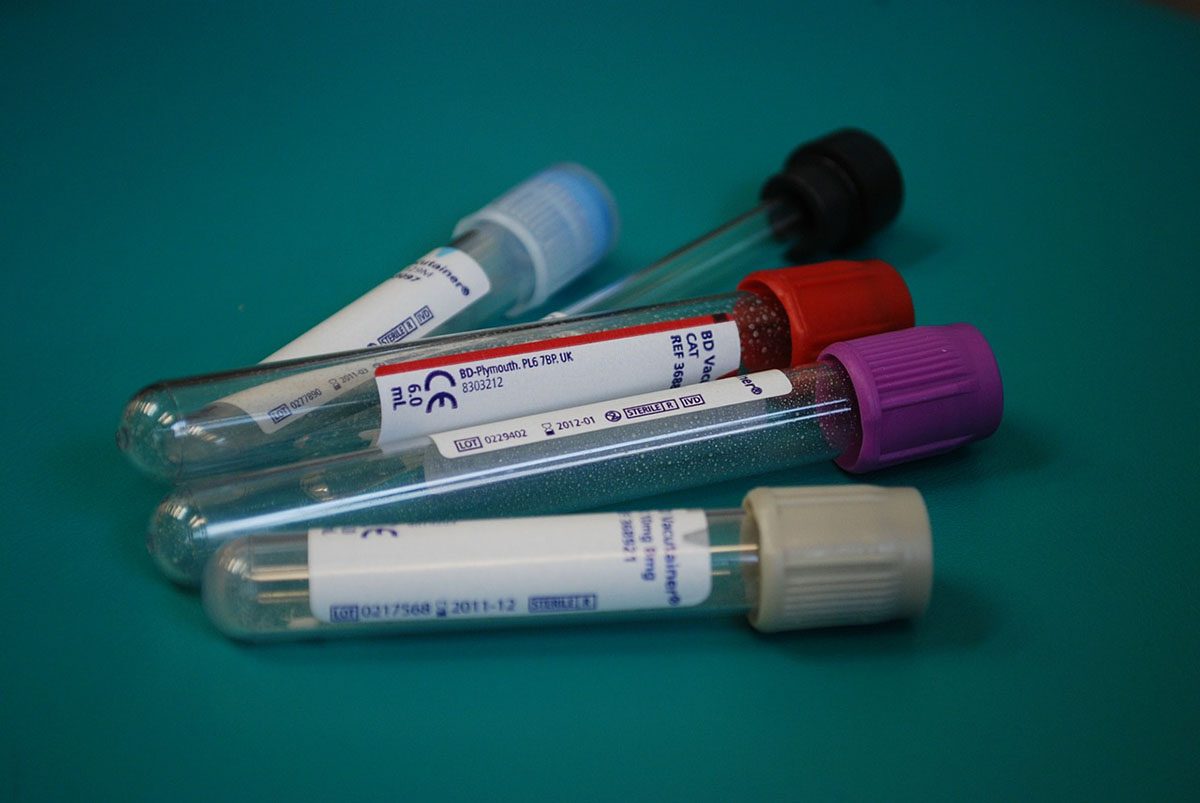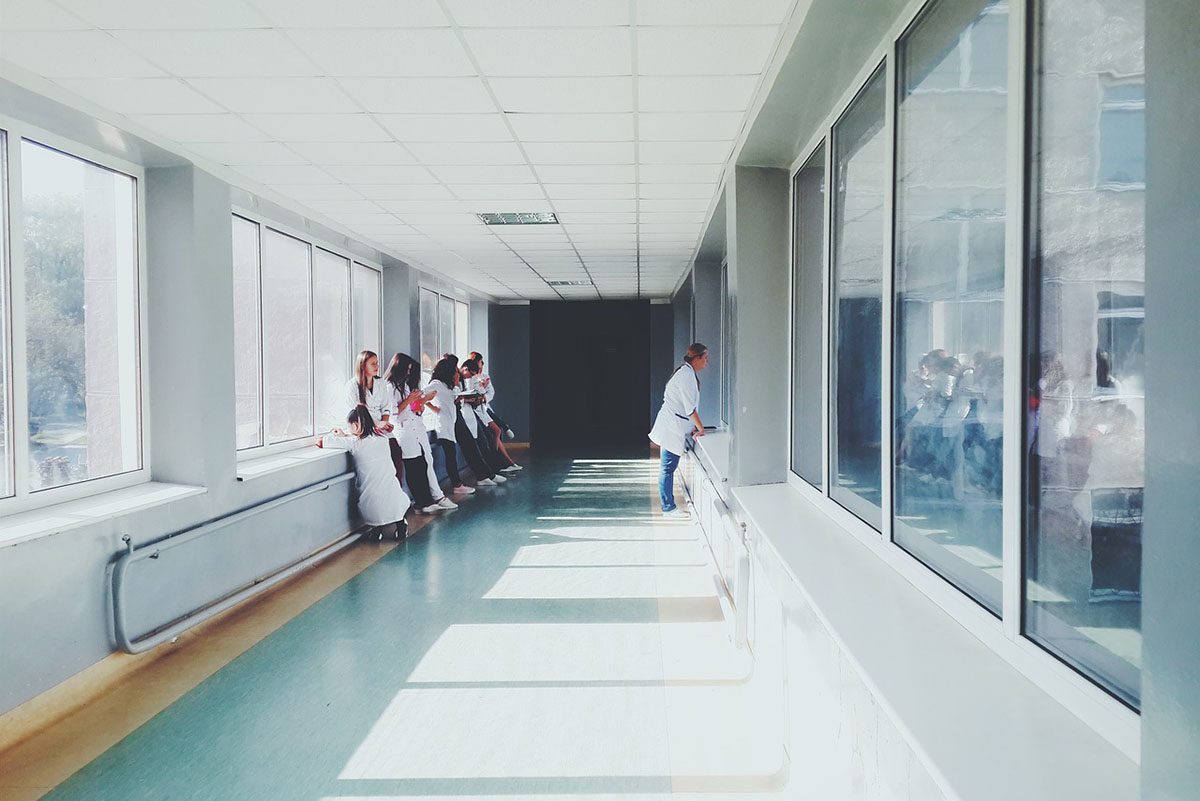There’s no doubt that travelling is filled with highs. Whether they be literal – like climbing mountains or skydiving, emotional – like managing to conquer inner struggles and do things you never thought you would, or little highs like successfully doing laundry or finding an amazing local dish you love.
There are so many highs when travelling. But they aren’t all highs – there’s some lows as well. Sometimes public transport just doesn’t work, sometimes you don’t love a place like you thought you would, sometimes you really miss home.
And sometimes you get sick. So what do you do when you’re sick while travelling?
Due to the lack of home comforts, not-great healthcare in some parts of the world and language barriers, getting sick while travelling is something that everyone dreads. But don’t panic if you start to feel unwell while on a trip – there are plenty of ways to get the medical help you need.
Telemedicine
The first possibility for getting medical support, which is especially useful if you’re somewhere remote without access to a doctor, is to seek advice online. But I’m not talking about Googling your symptoms (please don’t do that, you’re probably not a doctor and if you’re anything like me you’ll end up convincing yourself that you are absolutely doomed).
I’m talking about Telemedicine. You can get advice from literally any professional online now – and seeing a doctor is no exception.
Now, while there will always be a need for in-person doctors – virtual medics can’t physically examine you, after all – these are a great solution for getting quick, helpful medical advice. The doctor may advise you to see someone in person as soon as possible, but should at least be able to tell you what to do and what to avoid at that time. Remote doctors can also provide support for mental health.
Better still, you can find doctors who speak all sorts of languages, meaning that there will be no barrier, and when you do see a doctor you’ll have a better idea of what to describe.
First Aid
Depending on what the illness is, first aid may be appropriate. If you’re planning something super-adventurous like a drive through the Aussie outback or a hike in the jungle, it’s a good idea to learn some basic first aid skills to help yourself if anything happens.
This could involve things like when to use paracetamol and when to use ibuprofen and how to dress a wound. This NHS article is a good start!
Oh, and of course, don’t forget your first aid kit!
Pharmacy
Many illnesses can be rectified with a trip to the pharmacy. If you just have a bad stomach or cold symptoms, over-the-counter medicine might be all you need. If you have other symptoms but cannot see a doctor right away, the local pharmacist may still be able to help.
If your symptoms are complex, try to get a local to come along and help translate. Hotel workers may be able to help (do make sure you tip them in this instance!). Again, the pharmacist may not be able to give a complete diagnosis, but should at least give you the right medicine to tide you over until you see a doctor.
Local Doctors
Many travelers in remote places may feel overwhelmed by public hospitals. In many countries, if I have the option I will go private, but public hospitals are generally fine as well. The doctors here might not speak English, and do consider hygiene – but do remember that any doctor can diagnose you better than you can (unless you yourself are a doctor, of course).
If you do visit a local hospital in a less developed country or somewhere where English isn’t commonly spoken, consider these tips:
- Download Google Translate so you can talk properly
- Try and ask as many questions as possible, even if it’s through translate, just to give you peace of mid
- Get everything in writing, even if it’s in the local language – you can always ask someone to translate
- Check that all needles are new and freshly opened – it’s very rare that they won’t be in any hospital around the world but it doesn’t hurt to stay safe. If you don’t see them freshly opened, insist that another is opened in front of your eyes (you might need to pay extra for this).
Private Doctors
Most capital/ major cities in the world have private doctors that speak English. If you are still sick after following all of these steps, you may have to visit a private doctor, to get a decent understanding of your illness and to have proper tests.
I’ve visited a few hospitals in Asia, and every time I was very impressed with the doctor’s language skills, the modern equipment, and the speed of diagnosis. These hospitals do cost – but it’s a fraction of what you’ll pay for private healthcare at home and it can generally be claimed on travel insurance.
If you need to travel to a city for proper healthcare, so be it. Remember that your health is a priority – and you can always travel again once you’re better!
I hope you’ve enjoyed this post! If you want to read more about staying healthy when travelling, check out my guide to travelling with anxiety and the clumsy girl’s guide to travelling the world.
Plus, follow me on Facebook and Instagram for more.
